We interviewed the person in charge of contents at the Opcions cooperative, and he told us of the impact that single-use plastics have on both people and the environment.
What is the impact of single-use plastics?
Plastic, the oil industry, refineries... they all have very serious impacts locally. Plastic is full of harmful additives for our health and also pollutants. Oil is an extremely valuable non-renewable resource, and once used there is no way of recovering it. Recycling plastic isn’t good quality; it requires energy, money and some of the raw materials are lost in the process.
We should use plastic more carefully and smartly instead of wrapping vegetablles in plastic at supermarkets, as this plastic will only be used once. We are already experiencing huge problems and more will come from energy prices, wars, impacts on local populations and pollution...
Why shouldn’t we use them?
There is no justification to use single-use plastics. Our priority when looking at the way we consume is that there shouldn’t be any single-use products. Because producing an item or product we use always has an impact. So, single-use products, regardless of what they are made of, shouldn’t even exist.
We should move towards products that last for as long as possible. This is the big challenge. Single-use products are something that have been pushed on us by the industry of distribution, especially packaging. Capitalist modes of production are a huge problem.
What consumption habits would you recommend to avoid single-use plastics?
There are some easy things we could all do, such as going shopping with our own cloth or mesh bags, taking our water flasks instead of buying bottled water, buying less processed food for better health, buying more quantities of un-processed foods because they are fresh produce, buying by weight...we need to change our eating habits.
As citizens, are we so bound by legislation and the profit-seeking industry?
We are. Also, with the lifestyle we live, our ability to choose is often very limited by the availability of time, knowledge... sometimes too much responsibility is placed on citizens. We would need to have guidelines on consumption to avoid plastics. We know there are activist consumers, but they constitute a small minority.
Most people would agree to stop using plastics, but this must go hand-in-hand with a strong political will to make this possible and greater public commitment. The most important action we can do is to be organised and do activism to demand a greater commitment and change.
Is it really possible to avoid using plastic at a time when we even find plastic wrapped around fruit and vegetables?
As I mentioned, I think to some extent it is, yes. We could make an experimental life project to avoid plastics, but this takes time and all common mortals will have more or less plastic in their everyday lives.
I don’t think it should be up to individuals to say no plastics; it should be a collective effort to come up with alternative materials to use.
How do you see the situation ten years from now?
Ten years from now we will have taken steps in the right direction for pastic container disposal and return systems. We are surfing the wave of an energy crisis and we don’t know where it’ll take us. And this will very likely have an impact on waste management, since it will become more and more expensive.
This will have an impact on all aspects of the economy, including the production of plastics but also the marketing of food. It is difficult to tell what the future will look like. I think we will see a mix of improvements in policy and legislation, recycling facilities and processes and there will also be a relocation of materials’ management, it will be done more at a local level.
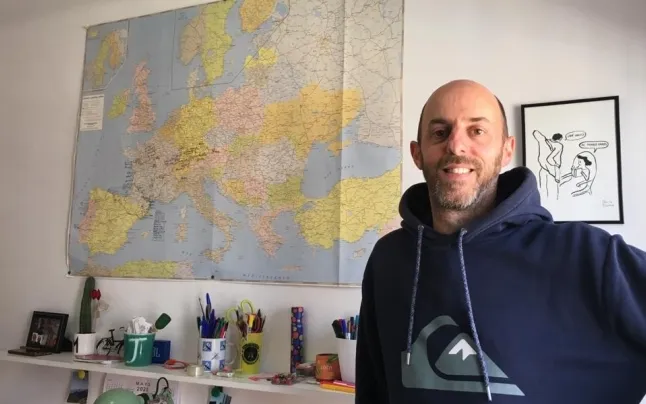


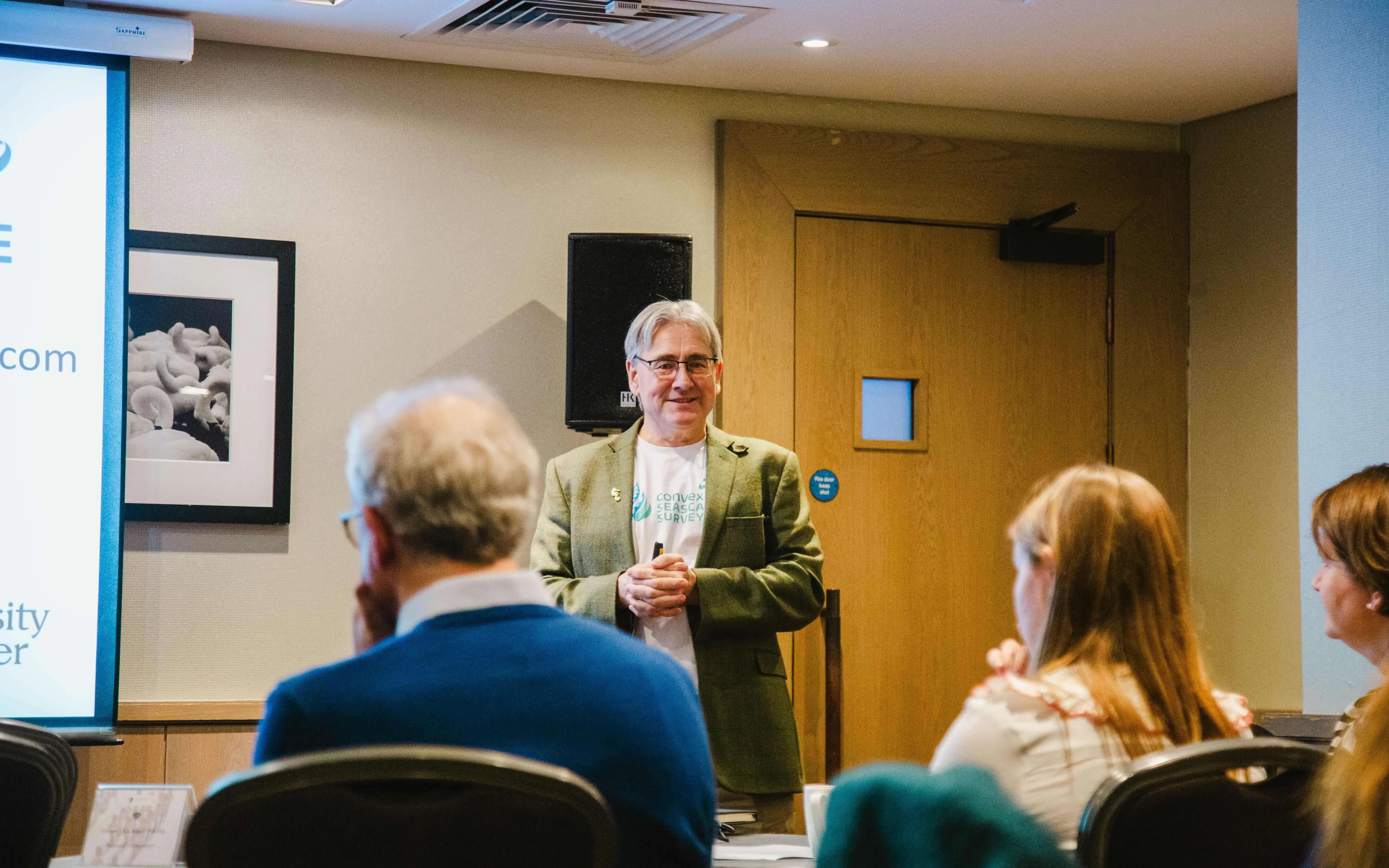
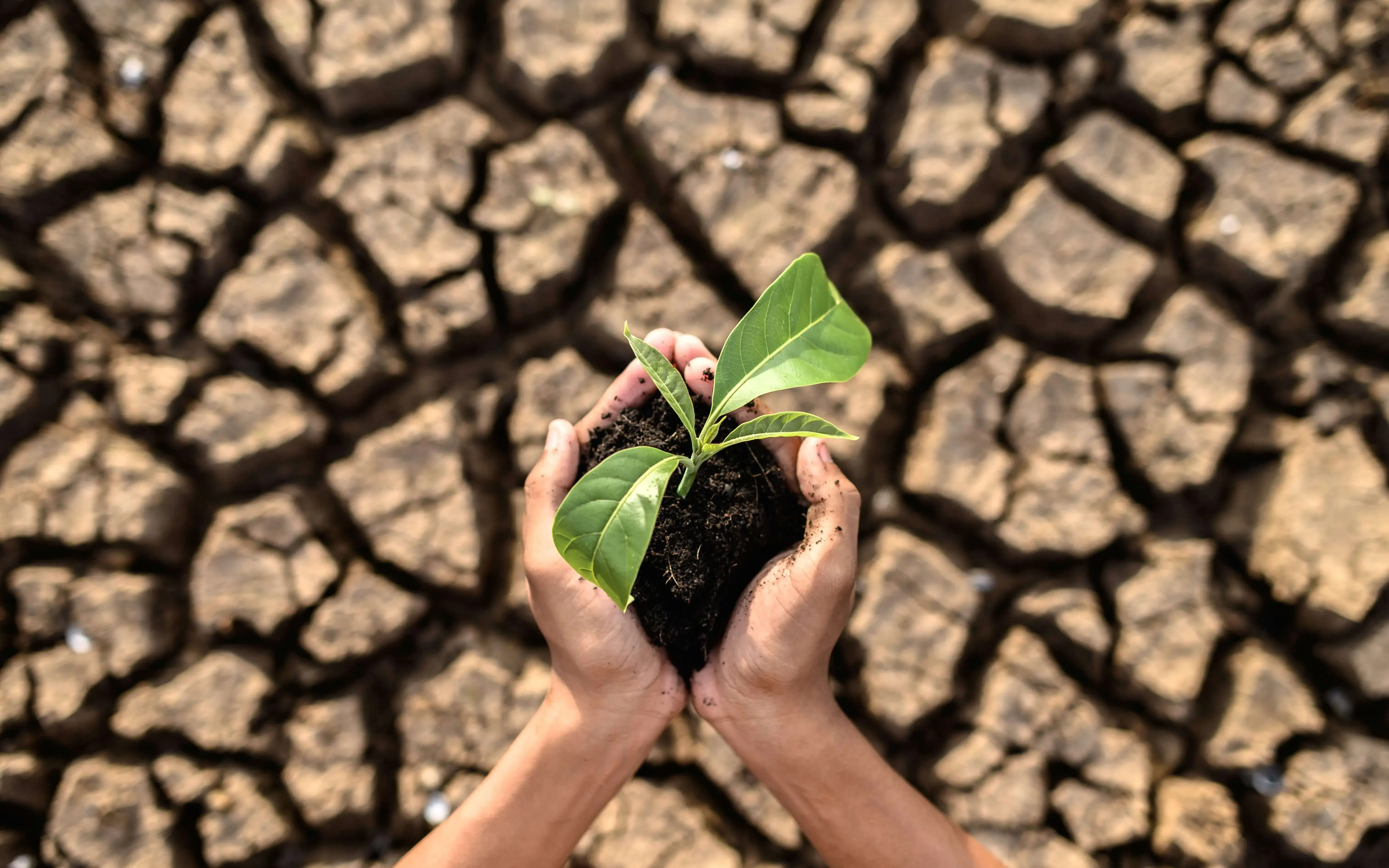
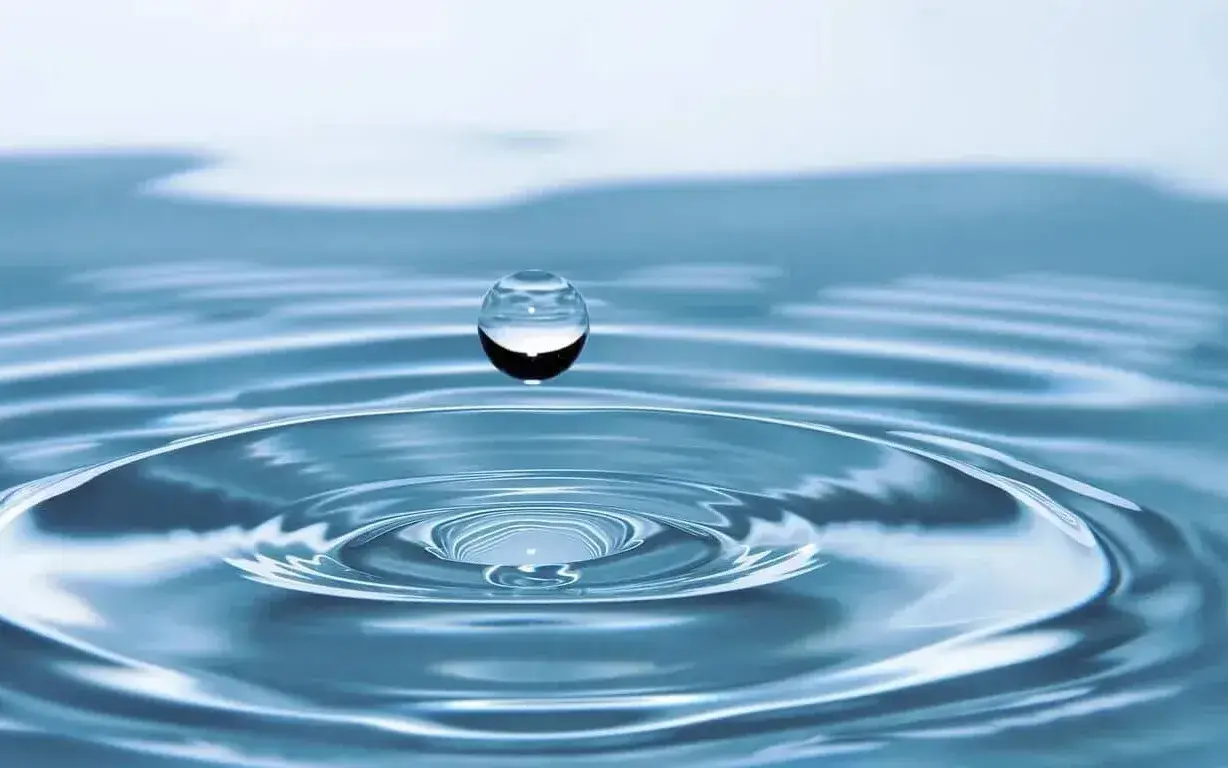
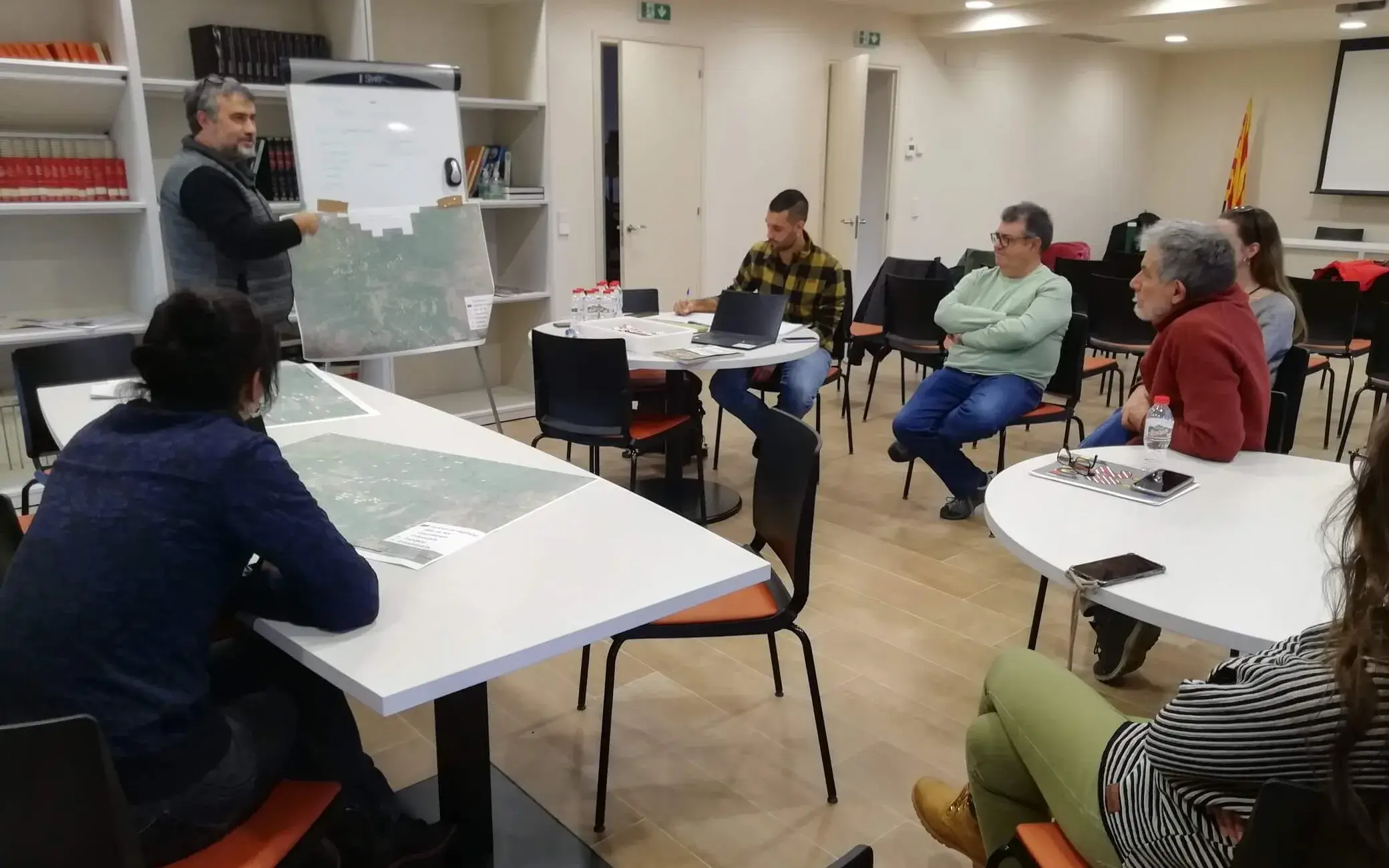
Add new comment